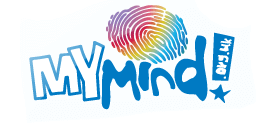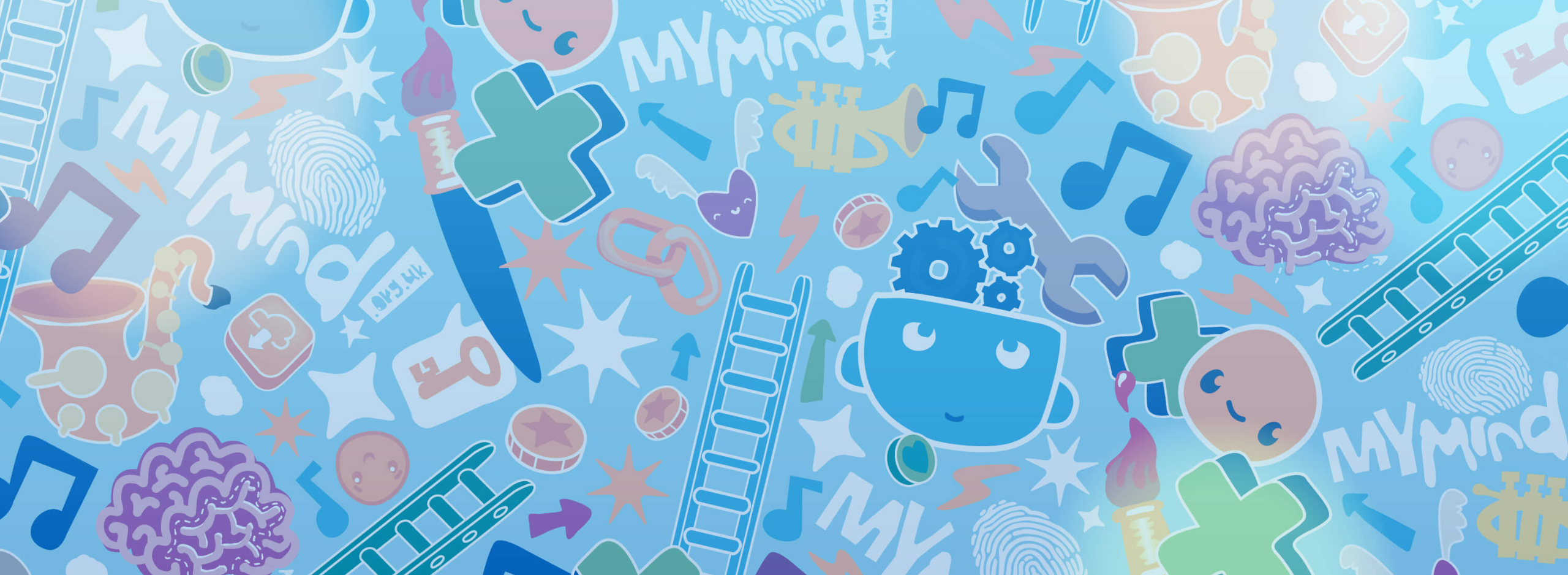These resources are for the West Cheshire area for self-harm related concerns.
Self-harm is when somebody intentionally damages or injures their body and is a sign of emotional distress. Support is available for anyone who self-harms.
Visit the 'I need urgent help' page for more information around the support available for children and young people who are experiencing a mental health crisis. If you have seriously harmed yourself or you feel that you may be about to harm yourself, call 999 for an ambulance or go straight to A&E.
Cheshire and Merseyside Suicide Prevention Partnership
Self-harm booklets and resources for children and young people and those supporting them. These include child friendly safety plans, coping strategies and apps to support wellbeing. Easy read versions are available on the website.
Visit the Cheshire and Merseyside Suicide Prevention Partnership website.
Rethink Mental Illness
Rethink mental illness looks at what self-harm is and why you may self-harm. It could help if you are using self-harm to cope with how you’re feeling, or if you are thinking about self-harming. It explains what support you can get and how to help yourself.
Visit the Rethink Mental Illness website.
National Self Harm Network
The National Self Harm Network have some self-harm distraction techniques for young people who self harm.
Read the National Self Harm Network distraction techniques leaflet..
NHS
Self-harm is when somebody intentionally damages or injures their body. Support is available for anyone who self-harms or thinks about self-harm, as well as their friends and family.
Harmless
Harmless is a user-led organisation that provides a range of services about self-harm including support and information to people who self-harm, their friends and families and professionals.
LifeSIGNS
LifeSIGNS provide information about self-injury and while they will never tell anyone to ‘stop’, they can support people as and when they choose to make changes in their lives.
Self-Injury Support
Self-Injury Support for women of any age or background affected by self-injury, whether their own or that of a friend or family member. Call their helpline on 0808 800 8088, text them on 07537 432444 or send an email to tessmail
Self Injury Support also provide a Rainbow Journal. This is a book aimed at helping young people move from self-harm to self-care. It has blank pages for writing about feelings and for drawing. It includes artwork, quotes and poems by young people who self-injure. It can be used on its own or in conjunction with counselling, as an additional tool. The Rainbow Journal is available for free to under-18s in the UK.

